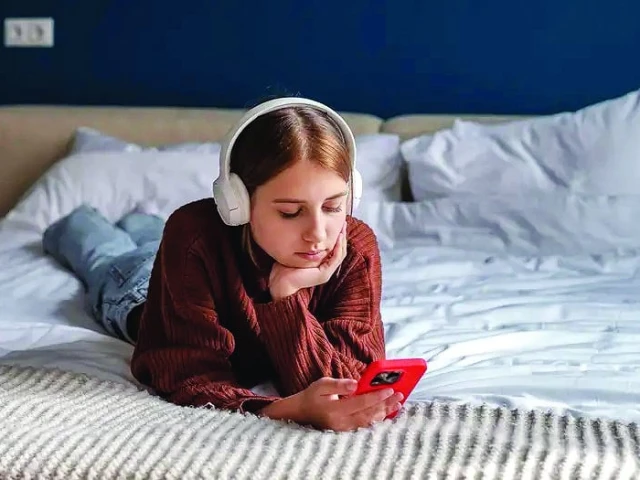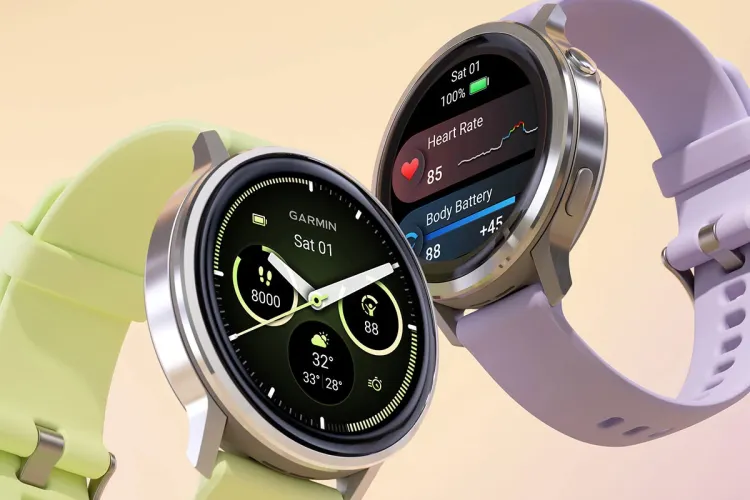Here is how to quit your phone addiction, guided by science
We spend 4 hours and 37 minutes on our phones each day, checking them around 58 times, on average. We like to tell ourselves it’s to socialise, for work, or to read the news. As per DW, most of us are addicted, and we know it.
How common is smartphone dependence? Study after study confirms that people are becoming increasingly addicted to smartphones — in every country tested, and in all ages.
In the US, for example, nearly 57 per cent of those asked in a recent survey admitted to being addicted to their phones.
“There is evidence that problematic smartphone use impacts negatively on the lives of many people. There are associations between problematic smartphone use and mental health symptoms, such as depression and anxiety,” said Zaheer Hussain, a social scientist at Nottingham Trent University, UK.
People are getting tired of their smartphone behaviours — as is often the case with an addiction.
However, the difficult part is that overcoming smartphone addiction can be as difficult as quitting smoking because it is a psychological battle. Social apps, boredom, or simple daily habits can have you reaching for your phone often without realising it.
However, the long-term health benefits of reducing your smartphone habits are huge.
A number of health problems, including insomnia, eye strain, inactivity, and pain in the neck and back, have been linked to smartphone addiction, according to studies. Mentally, it contributes to depression, anxiety, loneliness, and impacts attention and memory, especially in teenagers.
Those same mental issues may also lead to smartphone addiction. So, beating smartphone addiction can also help those struggles.
Mental health impact
The craving, dependence, and withdrawal symptoms of a behavioral addiction are all present in smartphone addiction. Because there is no addictive “substance,” like cocaine, it is similar to gambling or video game addiction. Yes, apps and websites are designed to keep our attention locked in, using gamification as a tool to get us addicted.
Many people report using smartphones to escape from stressful situations in the home. It’s an escapist tool that can take the mind off depressing thoughts and feelings of anxiety.
However, it is difficult to determine whether mental health issues are the cause or the result of smartphone addiction. Understanding why you started using a smartphone in the first place is crucial to beating smartphone addiction. Reduce your phone use. To break free from smartphone addiction, there is no quick fix. Different people need different methods, often more than one. And it takes real dedication.
But scientists have verified several methods to help beat smartphone addiction. Most of these are similar to tools used to beat other behavioral addictions, and often rely on behavioral re-training.
Scientists recommend that you leave your smartphone outside your bedroom at night, or at least out of reach in the corner of the room. You could also put your phone in another room when studying or working so you have to get up to check it.
Another way of lowering your phone usage is to reduce notifications. Try using your phone’s Do Not Disturb function, or turn off all sounds and vibrations for incoming messages and notifications
In the meantime, simple measures like turning the screen black-and-white, removing apps for social media from the home screen, and creating passcodes that are longer can work to make it harder to use your phone. You can also use apps to help you control your emotions. Apps like Space, Forest, Flipd, and Screentime can limit daily smartphone use, lock away distracting apps, and help you manage your habits.
Science of quitting
The scientific consensus is that the more methods you use at the same time, the better your chances are of beating your smartphone addiction in the long term.
One clinical trial tested a ten-step behavioral program called the nudge-based intervention. It used multiple approaches like those listed above.
“The steps aimed to make the phone a little less rewarding to use, add a bit of friction to use it, and reduce the number of reminders to use the phone. The study’s lead author, addiction psychologist Jay Olson of the University of Toronto in Canada, stated, “This nudge-based intervention aimed to reduce problematic smartphone use without relying on willpower alone.” It proved effective in the short term, returning problematic smartphone use scores to normal levels for at least 6 weeks.
“However, we have less data on which interventions work over the long term for years,” Olson told DW.
Physical interventions have also been shown to be helpful in other clinical trials. For instance, replacing smartphone use with exercise or sports effectively reduced smartphone addiction in university students. Additionally, this may assist in lowering levels of loneliness, anxiety, and stress that frequently accompany smartphone addiction. According to Hussain, simply spending more time in nature can significantly improve mental health. “If we don’t get out in nature then our phones and in extension social media, notifications, news reels, scrolling take over our lives. This can lead to anxiety and depression, and other mental health issues,” said Hussain.
Understand the pull
Smartphone addiction has become a significant health issue among students with mental health challenges. The addiction can feed and exacerbate those challenges.
Studies show how people who have an addiction to smartphones often become bored quickly, are more socially isolated, and express the tendency to feel lost without their smartphones.
If you feel your smartphone use is having an impact on your mental health, your relationships and your everyday life, it may be time to seek professional help.
“Several therapies have been shown to be effective, such as mindfulness therapy and cognitive behavioral therapy,” said Olson.
Talk therapies, like cognitive behavioral therapy (CBT), can provide step-by-step ways to stop compulsive behaviors and change your perceptions about your phone. These therapies can help identify why you are addicted and help you tackle those issues at the root.




